On April 13, at the School of Electrical and Electronics Engineering, Hanoi University of Science and Technology (HUST) held a signing ceremony for a Memorandum of Understanding (MOU) with EVSELab Co., Ltd.
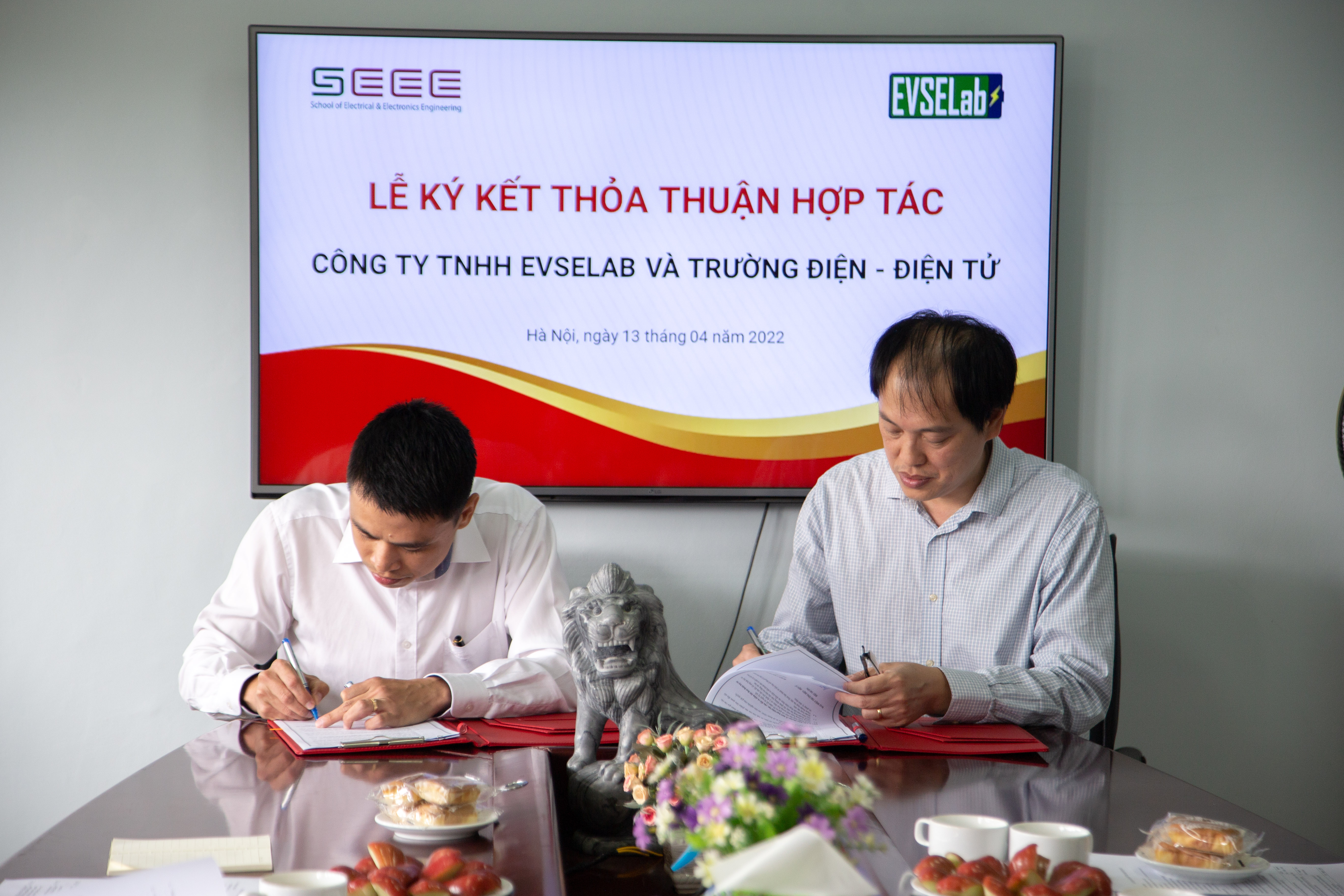
EVSELab Co., Ltd. is a young and dynamic startup specializing in the research and development of Electric Vehicle Supply Equipment (EVSE). At the MOU signing ceremony, Mr. Le Chi Nguyen, Director of EVSELab, emphasized the crucial role of EVSE in electric vehicle charging systems.
“EVSE is the heart of EV charging infrastructure,” he shared. “Without it, we cannot convert alternating current into direct current to charge vehicle batteries. Globally, EVSE is still an emerging field, but over the past five years, it has gained significant attention and investment in developed countries such as the United States, European nations, Japan, and China.”
With the rapid growth of the electric vehicle market, Mr. Nguyen expressed strong confidence that Vietnam’s EVSE industry is poised to take off—especially as major Vietnamese corporations have entered the production and business of electric motorcycles and electric cars. However, he noted that the current talent pool in EVSE research and development remains insufficient to meet market demands.
Recognizing the School of Electrical and Electronics Engineering at Hanoi University of Science and Technology (HUST) as a key incubator for future engineers in this field, EVSELab has committed to sponsoring EVSE-related research at the school's Power Electronics Laboratory.
The sponsorship package, valued at VND 1 billion (approximately USD 40,000), includes a range of advanced, high-quality equipment and funding to support the lab’s operations over a five-year period.
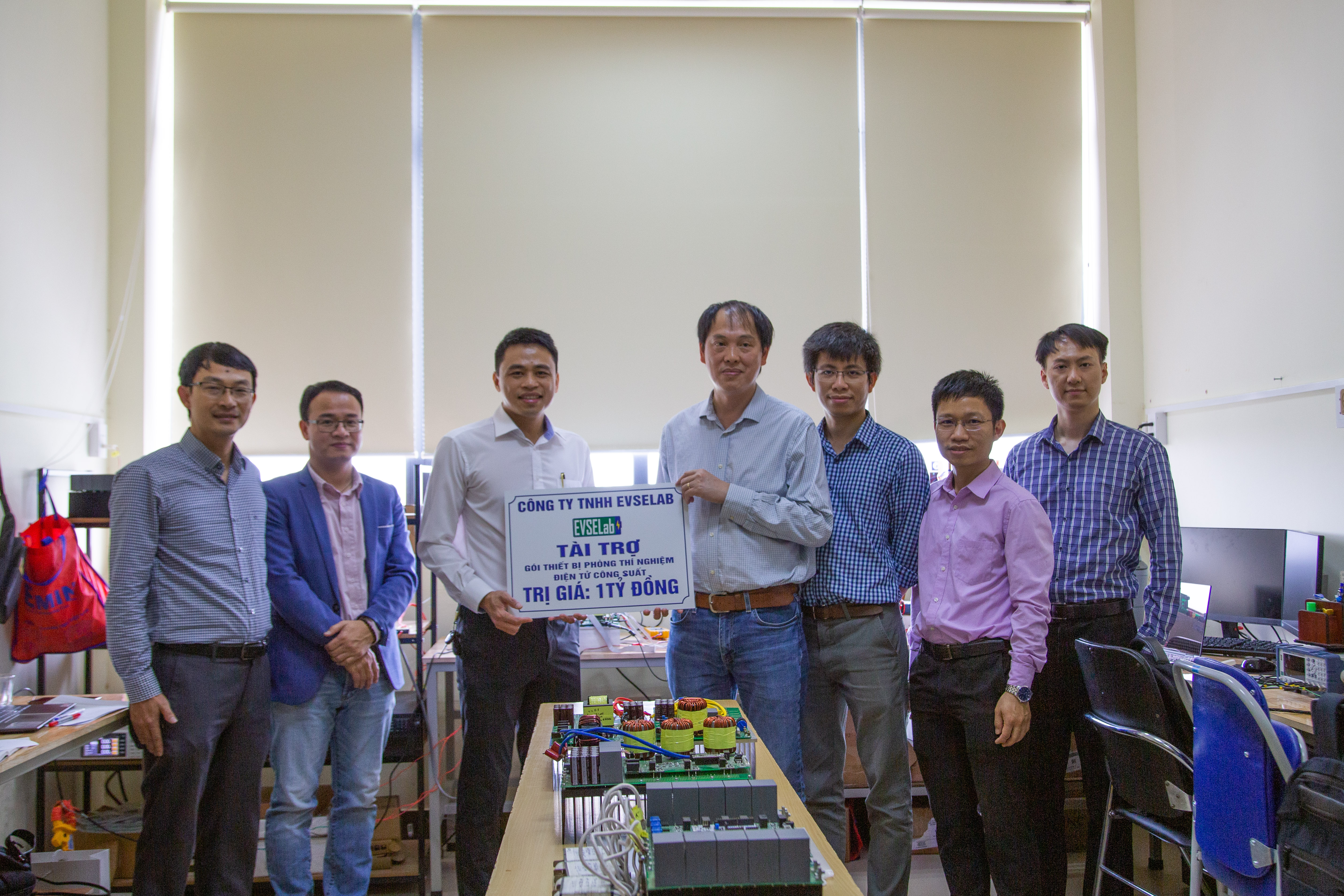
Receiving the sponsorship package, Assoc. Prof. Dr. Nguyen Huu Thanh, President of the University, expressed his appreciation for the company’s spirit of collaboration and proactive support for the university’s research activities.
He noted, “While the model of university–industry cooperation is well-established abroad, it remains relatively uncommon in Vietnam due to various constraints. Many companies sponsor universities with the condition that faculty and students must use their proprietary equipment. This is the first time a company has come to the university and offered to support research—not just with funding or devices, but by placing trust in the research itself.”
He emphasized that this model provides research teams with greater freedom, which in turn promises more impactful outcomes. “I truly hope this approach will be expanded and adopted more widely in the future,” he added.
Author: Admin Super
Reader Comments
Newer articles
 Recruitment advertisement of Shimadzu Vietnam Co., Ltd.
Recruitment advertisement of Shimadzu Vietnam Co., Ltd.
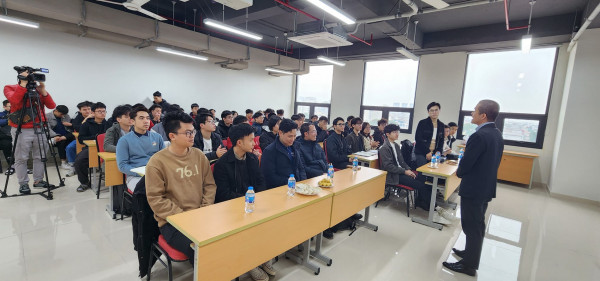 The Semiconductor Industry Is Rapidly Becoming a Popular Field of Study Wednesday
The Semiconductor Industry Is Rapidly Becoming a Popular Field of Study Wednesday
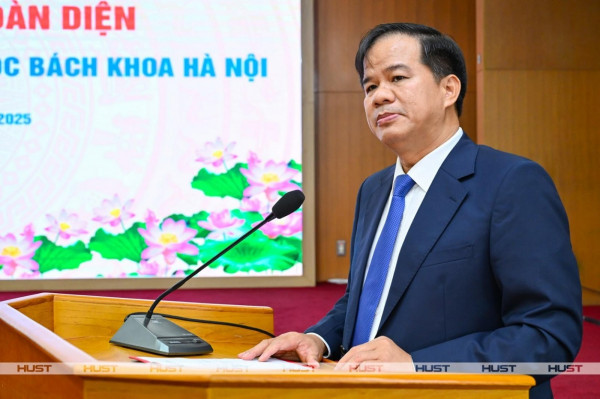 HUST Support Bach Mai Hospital with Data Processing
HUST Support Bach Mai Hospital with Data Processing
 INTRODUCTION TO THE BIOMEDICAL ENGINEERING PROGRAM
INTRODUCTION TO THE BIOMEDICAL ENGINEERING PROGRAM
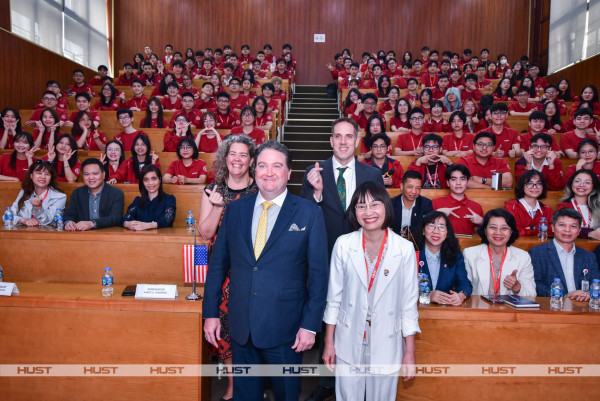 Mr. Marc E. Knapper, the U.S. Ambassador to Vietnam, visited and worked with Hanoi University of Science and Technology
Mr. Marc E. Knapper, the U.S. Ambassador to Vietnam, visited and worked with Hanoi University of Science and Technology
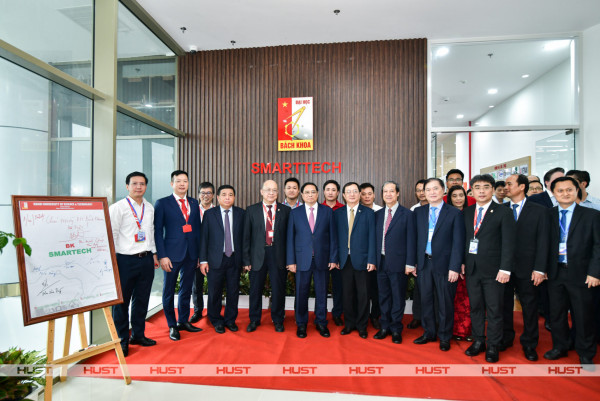 Prime Minister approved the Development Plan for Hanoi University of Science and Technology (HUST) to become one of the leading higher education institutions in Asia.
Prime Minister approved the Development Plan for Hanoi University of Science and Technology (HUST) to become one of the leading higher education institutions in Asia.
 Equipment Support Agreement Signed Between Faculty of Electrical Engineering and LS Electric Vietnam
Equipment Support Agreement Signed Between Faculty of Electrical Engineering and LS Electric Vietnam
 Grand Opening of the i3-Mechatronics Smart Automation Lab: A Leap Toward Industry 4.0
Grand Opening of the i3-Mechatronics Smart Automation Lab: A Leap Toward Industry 4.0
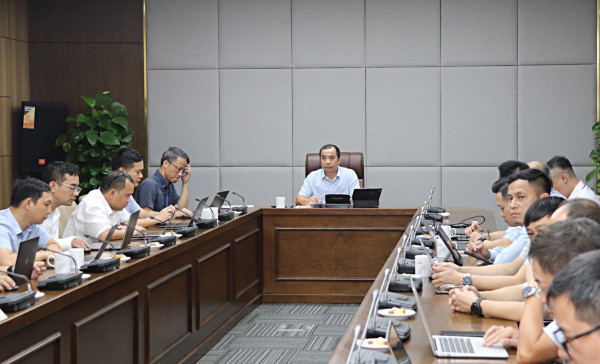 Powering the Future: Innovative S&T Models for High-Renewable Power Systems
Powering the Future: Innovative S&T Models for High-Renewable Power Systems